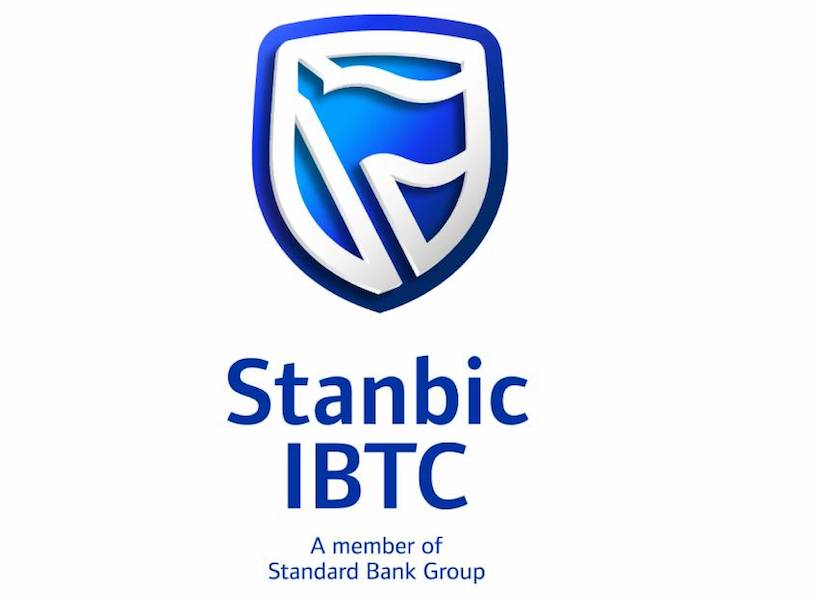Latest Headlines
PMI Report: Business Activities Dropped in September as Conditions Deteriorate

Dike Onwuamaeze
Economic output of the Nigerian private sector declined marginally in September 2024 as inflationary pressures strengthened and caused input costs and selling prices to rise at sharpest rates in six months.
This was disclosed by the Stanbic IBTC Bank Nigeria’s “Purchasing Managers’ Index (PMI) report, which stated that the headline PMI was little-changed in September, posting 49.8 following a reading of 49.9 in August.
The PMI said: “As such, the index pointed to a further fractional deterioration in business conditions, the third in as many months.
“Companies continued to report challenging demand conditions, in large part due to the inflation environment. In fact, September saw an intensification of inflationary pressures, with both input costs and output prices increasing at the sharpest rates in six months.”
According to the report, business activity in the Nigerian private sector continued to tick lower in September, falling for the third month running amid muted demand and strong inflationary pressures.
The pace of reduction remained marginal, however, some firms were able to secure greater new business during the month.
The report added that purchase prices rose rapidly amid currency weakness and higher costs for fuel, logistics, materials and transportation.
“Some firms made efforts to help their workers with higher living costs, but the rate of wage inflation eased to an 18-month low.
“Higher costs were then passed through to customers, with close to 49 per cent of respondents raising selling prices in September,” the report said.
Commenting, Head of Equity Research West Africa, Stanbic IBTC Bank, Mr. Muyiwa Oni, said, “Nigeria’s PMI remained below the 50-point mark for the third consecutive month, settling at 49.8 points in September from 49.9 points in August.”
Oni said that this pointed to a further fractional deterioration in business conditions, the third in as many months, largely due to challenging demand conditions amid the inflationary environment.
He, however, pointed out that the pace of deterioration remained marginal as some firms were able to secure greater new business during the month.
“Output increased in agriculture and manufacturing, but fell in wholesale, retail and services. Meanwhile, companies remained reluctant to hold inventories in September, cutting stocks of purchases for the second month running and to the largest extent since May 2020. Inventories were reduced in line with falling output and muted customer demand.
“Elsewhere, input costs increased to their third steepest on record while output prices quickened to their fastest level in six months,” Oni said.
He added: “Business activity was underwhelming in Q3:24 relative to Q2:24, implying that the non-oil sector may grow slowly in Q3:24 amid the triple whammy of high inflation rate, elevated interest rates, and currency volatility all of which continue to undermine domestic demand and business investments. “However, because of higher crude oil production relative to same period last year, the oil sector is likely to compensate for a lack lustre non-oil sector’s performance, thereby pushing real GDP growth to 3.10 per cent y/y in Q3:24, based on our estimates.”
The report stated that overall input costs continued to rise rapidly during September, with the rate of inflation quickening for the fifth consecutive month to the fastest since March.
“In fact, the latest increase was the third steepest on record. Strong inflation was seen across each of the four broad sectors.
“The rate of purchase cost inflation accelerated sharply in September and was the fastest since the series record in March.
“Close to 67 per cent of respondents signaled a rise in purchase prices, often linked to currency weakness. There were also reports of higher costs for fuel, logistics, materials and transportation.
“Sharply rising purchase costs led companies to increase their selling prices substantially again in September. Moreover, the rate of inflation quickened to the fastest in six months. Close to 49 per cent of panelists reported a rise in selling prices, while just 1.0 per cent lowered charges.”










